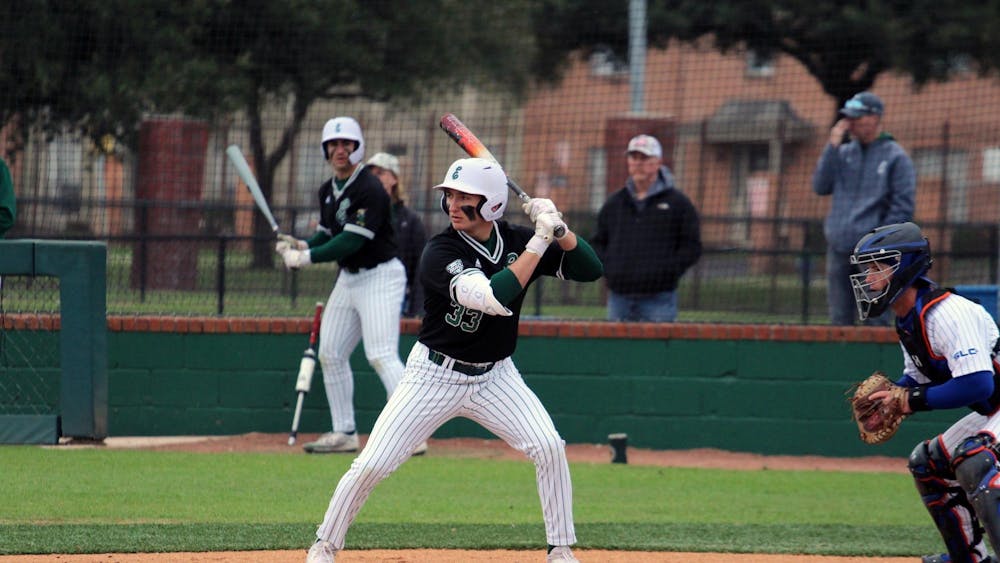WASHINGTON -The Supreme Court set the stage Tuesday for another clash with the president, this time, with Barack Obama instead of George W. Bush, over the prisoners held in the war on terror and whether a judge can order the immediate release of a detainee who was wrongly held as an enemy combatant.
Apparently frustrated with the slow pace of freeing prisoners from Guantanamo, the justices voted Tuesday to hear a new appeal from a group of detainees who say they are stuck in limbo. They have won rulings from judges who said they were wrongly held as “enemy combatants,” but they remain in custody at Guantanamo.
“We hope this will result in a ruling that confirms that the writ of habeas corpus guarantees to the innocent not just a judge’s learned essay, but something meaningful, his release,” said Sabin Willett, a Boston lawyer who has been working for seven years to free a group of Chinese Muslims who were picked up in Afghanistan.
Five years ago, the Pentagon conceded these Uighurs were not “enemy combatants,” but the Bush and Obama administrations blocked a judge’s move to release them in the United States.
Twice before, in 2004 and 2008, the Supreme Court rebuffed the Bush administration and ruled the Guantanamo prisoners had a right to seek their freedom before a judge. But Bush and now Obama resisted freeing prisoners who won their claims in court.
This impasse obviously caught the attention of the justices.
In June 2008, the Supreme Court in a 5-4 decision ruled the Constitution gave all prisoners, including the Guantanamo detainees, a right to seek their freedom before a judge. They could file a writ of habeas corpus to seek a review of the evidence against them, the justices said.
This ruling rejected President Bush’s view that the commander in chief had full control over military prisoners. It also struck down a bill passed by the Republican-controlled Congress that stripped the Guantanamo detainees of the right to habeas corpus. However, the justices stopped short of taking the next step and saying a judge had the full power to order the release of a wrongly held prisoner.
Since then, judges here in Washington have reviewed the cases of 38 Guantanamo prisoners, and in 30 of those cases, ruled the government did not have reasonable grounds for holding them as enemy combatants. However, 18 of those 30 detainees remain in custody at Guantanamo, according to lawyers for the Uighurs.
For its part, the Obama administration took a middle-of-the-road position. It pledged to work through diplomatic channels to find countries that could take these prisoners once they were freed. The Uighurs say they cannot return to their native China because they will face persecution there. Faced with this quandary, administration’s lawyers maintained these detainees had no legal right to be released, despite their victory before a trial judge. In February, they won a ruling in the U.S. court of appeals saying immigration laws forbid the release of the ex-Guantanamo prisoners on American soil. This ruling has also resulted in blocking the release of other wrongly held Guantanamo prisoners.
U.S. Solicitor General Elena Kagan urged the high court to steer clear of this controversy.
The power to allow foreigners to enter this country “rests exclusively in the political branches,” not the courts, Kagan told the justices in a brief filed in May. The Uighurs’ “continued presence at Guantanamo Bay is not an unlawful detention, but rather the consequence of their lawful exclusion from the United States,” she added. In several follow-up letters, she said the administration had apparently found foreign homes for all but one of the Uighurs.
The lawyers for the Uighurs said this embarrassing impasse over the fate of these men makes a mockery of the high court’s ruling last year.
On Tuesday morning, the court announced it had voted to hear the Uighur’s appeal and to decide whether judges have the legal authority to order the release of a prisoner who was wrongly held.
The team of lawyers working on behalf the Uighurs said they were both pleased by the high court’s intervention and somewhat surprised they are still fighting this battle.
“I never thought we would be arguing in court whether the government can lawfully imprison someone who was found to be innocent. And I never thought we would be arguing against the Obama administration,” said Susan Baker Manning, a Washington lawyer for the Uighurs.
The court is likely to hear the case of Kiyemba v. Obama in March and issue a ruling by June.
Obama on his first day in office pledged to close the Guantanamo prison within one year, but recently, administration officials have hedged on whether they can achieve that goal. Government lawyers say they have spent months sifting through the files to decide which detainees pose a true danger and must be held indefinitely, and which of them can be safely released and sent home.
The new case before the high court could be decided narrowly by focusing on whether the immigration laws forbid releasing foreign prisoners into this country. But lawyers who worked the case say they expect the justices to focus on the broader question of whether a judge has the ultimate power to order the release of a prisoner who is seen as innocent.
“If this case was just about the Uighurs, I don’t think the Supreme Court would have taken it,” said Shayana Kadidal, a lawyer for the Center for Constitutional Rights in New York. “The real question is whether a prisoner who is wrongly held has a legal right to be released.”
In response to the court’s action, the Justice Department said the administration remains “committed to closing the detention facility at Guantanamo Bay” and said it is nearing a decision on which detainees will be prosecuted.
On Tuesday, Congress extended for another year a spending provision that forbids the release of former Guantanamo prisoners into this country.








